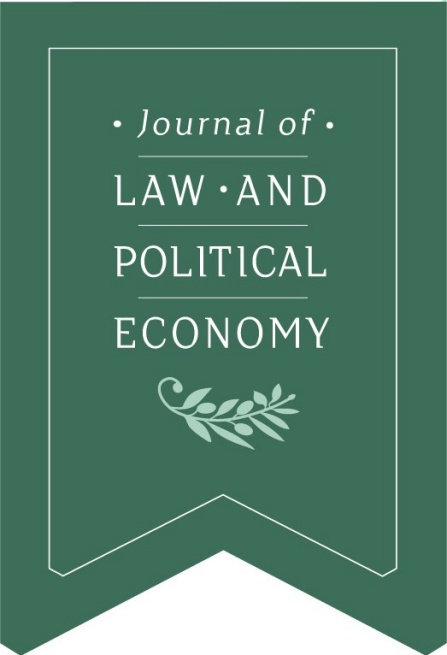In a recently published article, we use the case of agricultural market liberalization in India to explore what we see as a counter-intuitive aspect of neoliberal governance: that paradoxically, states may desire particular kinds of markets - and hence market actors - to strengthen their political control.
American negotiation theory started as, and for a long time remained, an engagement with labor and class relations. When early scholars developed their theories of negotiation in the context of workplace conflict, they did so in a moment when many workers were familiar enough with Marxist theories of class struggle to readily believe that some differences—for example, between management and labor—were not reconcilable, no matter how one performed in a negotiation. In this context, negotiation theorists aimed to open a space for potentially harmonious group relationships by introducing the concept of “integration”— the idea that labor and management could reorient their interests by creating new common values together.
NB: This post is part of a symposium on law and global value chains co-convened with the Institute for Global Law and Policy’s Law and Global Production Working Group. We are witnessing a new moment in economic development: what Richard Baldwin calls the global value chain (GVC) revolution. As our symposium suggests, critical legal realist…



